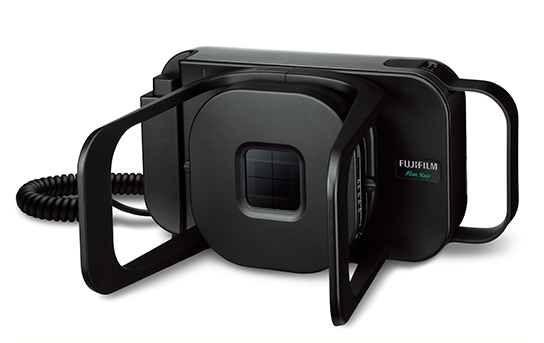The Peter Ballantyne Cree Nation (PBCN) is now able to provide more health care services to membership in their communities.
Recently the First Nation’s health services provider acquired three small portable x ray machines which have been deployed in the communities of Southend, Deschambault Lake and Pelican Narrows. The machines are mainly being used to provide chest x rays to help diagnose tuberculosis.
PBCN Health Services Preventative Health Manager Genevieve St Denis told MBC Radio News, before they got the new machines they needed to either bring the equipment in to their communities, which left them at the mercy of the weather or other possible challenges which limited their ability at times to provide the services. She said this had a real impact on patients.
“That means we have to either cancel those clinics, those x ray clinics, or re book those patients, or have patients travel further down south to access those health services,” she said.
Since the machines came in to service for the three PBCN communities St Denis said they have been hearing positive feedback from people who can now get a scan in the community instead of having to travel. The machines are also especially needed as tuberculosis is a challenge for the First Nation.
“It’s access to health care for First Nations people on site,” said St Denis.
Deepak Kaura a radiologist and the chief medical officer with Synthesis Health Inc, which worked with PBCN to get the equipment to the communities, explained the Fuji Film X air, is different from many other portable x ray machines as it is small, weighing only about five pounds.
“(It) fits into a case and you can carry that case on the back of a ski doo if you wanted to,” he said.
Kaura said Synthesis Health got a grant from the federal government which allowed the company to work with the First Nation to get the machines deployed. He said since the machines came in to service he has as well heard positive feedback from people on the ground.
“We met with Elders who are so happy to see this type of activity happening,” he said.
Currently the portable machines can be operated by a doctor or trained technician. However, St Denis said they are hoping to get changes made so that more healthcare workers are able to use the machines and provide scans.
“Work is underway that RNs can use the devices,” she said.
(Top Photo. One of the components of a portable x ray machine. Photo Courtesy of Fujifilm.)
